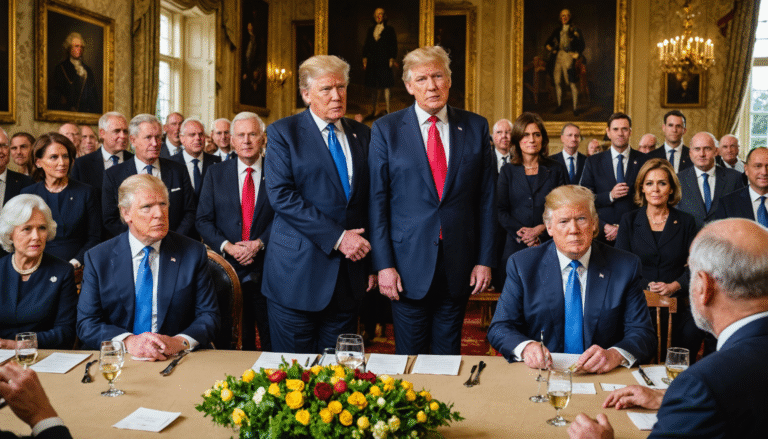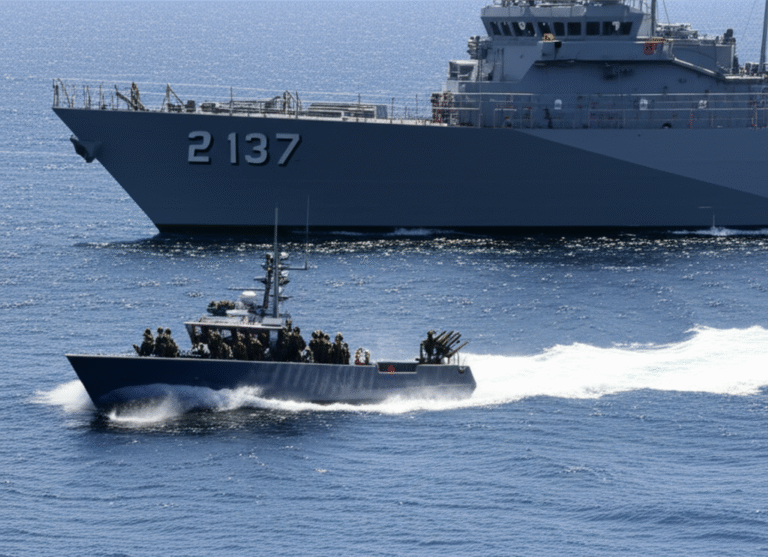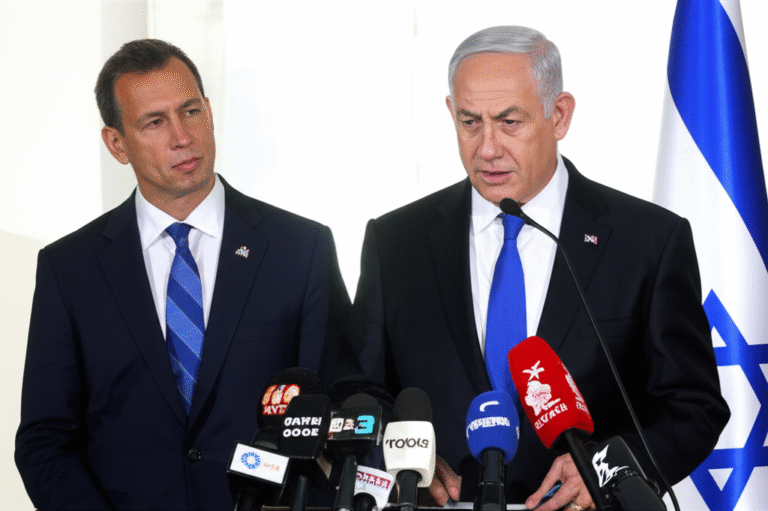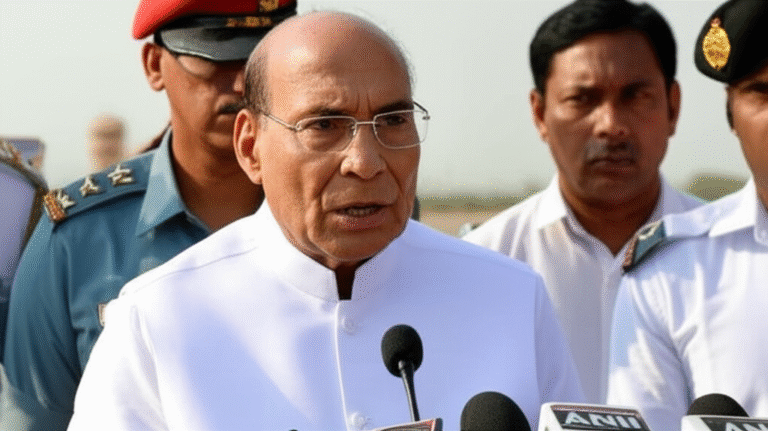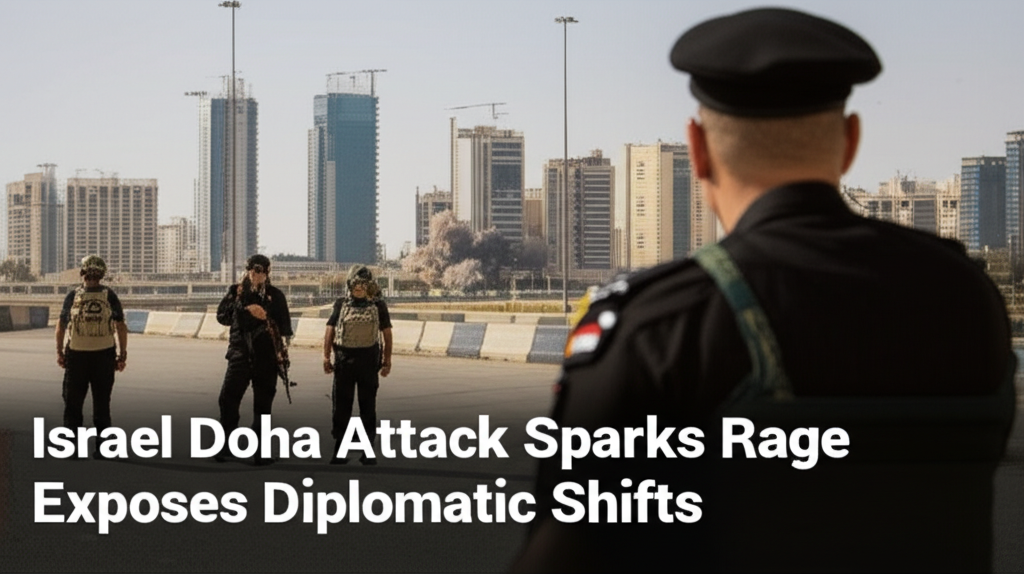
Israel’s recent attack on Doha, targeting leading members of Hamas, has triggered widespread condemnation and exposed significant diplomatic fissures across the Middle East. This incident, widely characterized as a profound humiliation, sought to assassinate Hamas leaders convening in the Qatari capital to discuss ceasefire overtures. The strike, however, instead resulted in the deaths of Palestinian security officers and a 22-year-old Qatari policeman. Striking the heart of the diplomatic quarter, in close proximity to schools and civilian homes, the attack ignited substantial popular anger throughout Qatar and the broader region.

Israel’s Doha Attack and its Diplomatic Fallout
The Israeli attack has severely impacted Qatar’s meticulously cultivated foreign policy and its regional standing. Qatar consistently advocated engagement and compromise as the sole viable path to avoid perpetual wars, positioning itself as a crucial diplomatic capital in the Arab world. This role included mediating international discussions: between the West and the Taliban; Ukraine and Russia; and the Democratic Republic of Congo and Rwanda. Qatar also hosts the largest US airbase in the Persian Gulf and maintains close ties with the United States, serving as a conduit between the US and Iran.
The incident undermines Qatar’s “pragmatic approach” to Israel’s occupation of Palestine. The Abraham Accords, a US-led initiative under former President Donald Trump to normalize relations between Israel and Gulf kingdoms, are now viewed as being in ruins. This humiliation is exacerbated by the failure of Qatar’s advanced air force—equipped with F-15s, French Rafale fighter jets, and Eurofighter Typhoons, and which previously intercepted Iranian drones—to prevent the strike, effectively stripping away years of diplomatic effort.
Popular Anger and International Shifts
In the aftermath, large crowds gathered after Friday prayers, marking one of Qatar’s biggest displays of popular anger. A widely broadcast funeral for the young Qatari policeman saw family members weep, highlighting the emotional impact. This public outcry has been met with widespread calls for revenge, including veiled threats from within the Qatari government itself, urging retaliation against Israel. Arab rulers issued numerous statements defending their “Brother Country,” signaling broader regional unease.
Rumors suggest former US President Donald Trump may have facilitated the attack, luring Hamas leadership and then standing down US military assets. Some Qatari officials reported a last-minute warning from Turkey, credited with allowing Hamas officials to flee before missiles struck, preventing greater disaster. Turkey’s intervention marks a significant shift: a traditional Western ally and friend of Israel, Turkey is now a vocal opponent of Israeli Prime Minister Binyamin Netanyahu. Qatar views Turkey’s action as a diplomatic milestone, central to their plans to rebuild Syria. The incident reveals Israel’s humiliation of a key US ally, alienation of others, and exposes the perceived futility of Arab regimes’ attempts to align with the West.
- Israel’s attack in Doha targeted Hamas leaders discussing ceasefire overtures.
- The strike killed Palestinian security officers and a Qatari policeman.
- Widespread protests and calls for revenge erupted in Qatar.
- The incident undermined Qatar’s diplomatic approach and regional role.
- Turkey’s warning to Qatar reportedly allowed Hamas officials to escape.
Domestic Resistance to Pro-Palestine Clampdown
Beyond diplomatic disputes, a potent popular reaction within Qatar and across Gulf kingdoms suggests the futility of purely diplomatic solutions to Israel’s wars. This sentiment, that dealing with imperialism leads only to humiliation, is now felt by what many consider the West’s most dependable ally, highlighting deeper societal discontent.
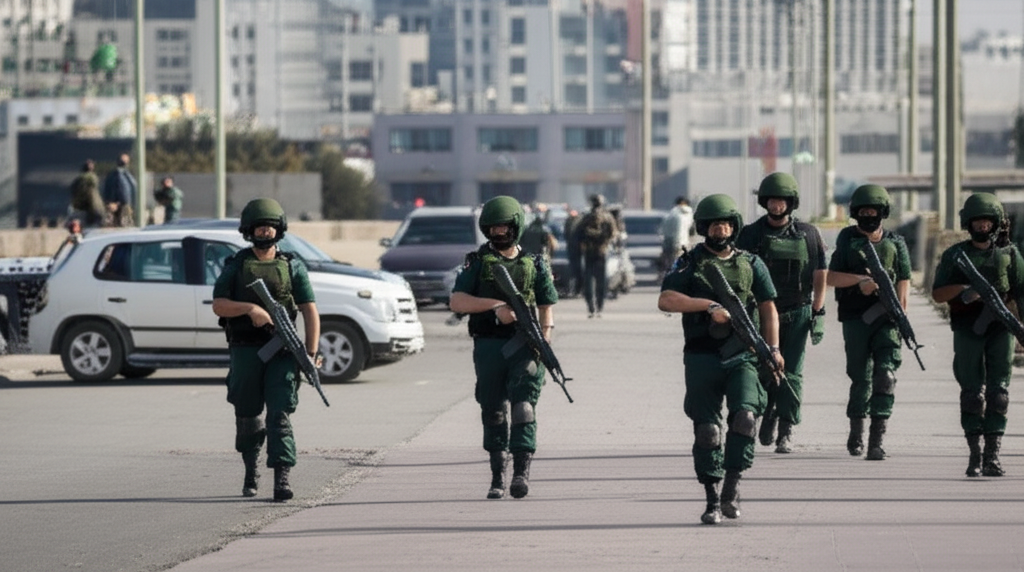
Concurrently, the Defend Our Juries (DOJ) organization mobilizes opposition to government measures suppressing the Palestine movement, organizing defiant protests against Palestine Action’s proscription. Activists display signs stating, “I oppose genocide. I support Palestine Action,” deemed illegal under the Terrorism Act. The British state has made over 1,600 arrests for such signs since the campaign began, including 857 in a 6 September crackdown in Parliament Square, and over 530 in August. This extensive scale demonstrates the ban’s unworkability.
On 6 September, police struggled for hours amidst thousands of supporters; as numbers dwindled, arrests continued late into the night. Political pressure intensified, with the ban’s author moved from a home secretary role. A prime minister’s ally stated public concern about “appalling situation in Gaza” is justified, and demonstrating is not terrorism. A major trade union federation conference voted to pressure Labour to lift the ban. The 6 September mass action, gathering thousands of activists and trade unionists, highlighted a clear path for DOJ protesters.
Background
Palestine solidarity protests were evident in Doha at the onset of Israel’s genocide, providing historical context for the recent attack. Qatar had previously established itself as a crucial diplomatic hub, mediating significant international conflicts and hosting vital US military assets. This positioned Qatar as a proponent of pragmatic engagement in regional issues. The Abraham Accords, a US-led initiative to normalize Israel-Gulf relations, had been pursued but are now considered destabilized by the Doha aggression. Qatar’s air force, despite advanced capabilities and prior successful drone interceptions, failed to prevent the strike, adding to humiliation.
What’s next
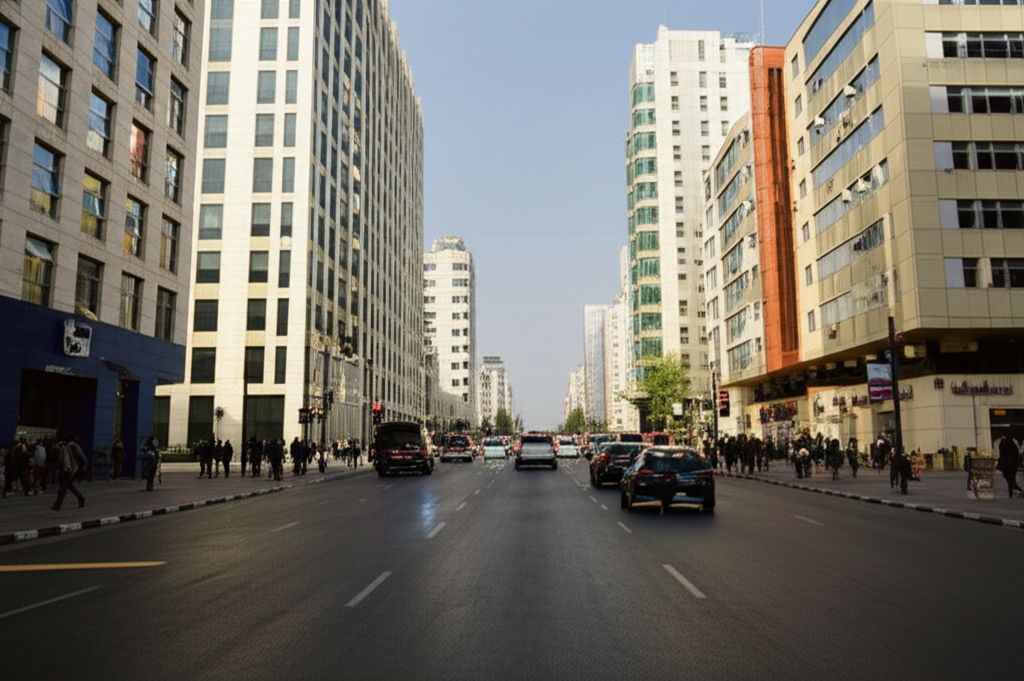
The immediate future suggests ongoing calls for revenge and a re-evaluation of Qatar’s strategic alliances. The incident strained diplomatic relations and underscored vulnerabilities of nations attempting neutrality or pragmatic engagement with regional conflicts. The Defend Our Juries group is actively calling for 1,500 people to sign up for its next “Lift the Ban” action, scheduled for Saturday 4 October. This initiative aims to merge DOJ protest militancy with the broader Palestine movement to render bans unworkable. This phase seeks to amplify opposition and address perceived efforts to silence dissent against genocidal crimes.
For more information, visit the original source: [Source]


